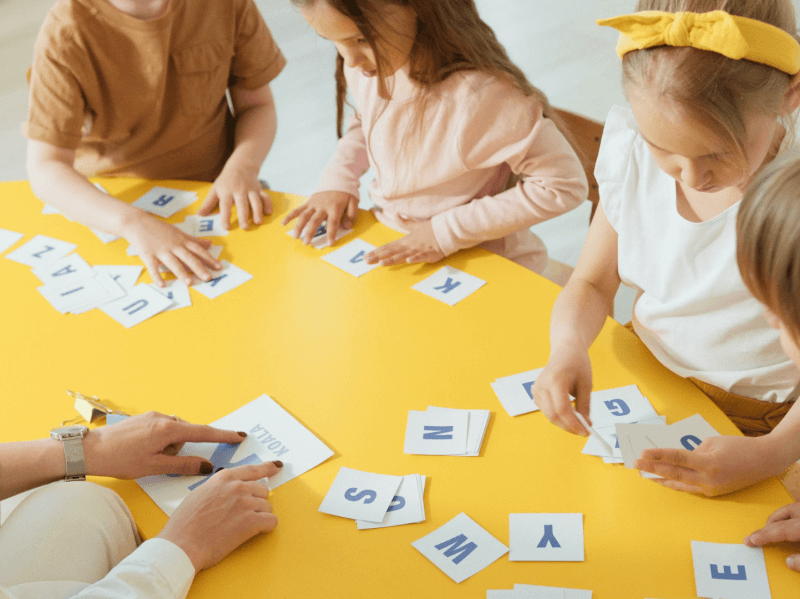Dubai will now issue a learner’s passport to every newborn, allowing parents to track their children’s educational journey from birth, as announced by the Knowledge and Human Development Authority (KHDA) on Wednesday. This initiative is part of the “Education Strategy 2033” and aims to enhance educational oversight and decision-making for parents.
A Groundbreaking Educational Initiative
The learner’s passport system, developed in collaboration with the Dubai Health Authority, is designed to ensure every child’s right to education. KHDA Director-General Aisha Miran explained that the system will track children from birth through their academic journey to ensure they enroll in school at the appropriate age. It will also prompt action for children of compulsory education age who are not yet enrolled.
Miran emphasized that the program will provide comprehensive information to parents, including early childhood educational options and nursery availability. This new system aims to improve educational outcomes by addressing early childhood development, as Emirati children’s enrolment in early education is currently below the global average.
Aisha Miran, Director General of @KHDA: The new strategy aims to provide every student with a world-class education that meets the highest global standards. While rooted in Emirati values, E33 embraces the rich multiculturalism that defines our city, ensuring that both our… pic.twitter.com/ynEmujDrCF
— Dubai Media Office (@DXBMediaOffice) October 2, 2024
Education Strategy 2033: Key Goals
The “Education Strategy 2033” outlined several key initiatives:
- Raising Awareness Among Parents: The ministry will offer parents guidance on educational options and pathways, including vocational training.
- Teacher Development: Enhanced teacher training will improve education quality.
- Diverse Educational Options: Students will have access to both academic and vocational education that aligns with labor market demands.
- Field Training: Early career training for students will expose them to practical, real-world experiences.
- Personalized Learning: Tailored educational plans will be created for students requiring additional support.
- Cultural Identity: The strategy will focus on strengthening Arabic language skills and cultural identity in the face of Dubai’s diverse environment.
Fostering Emirati Teachers and Arabic Language Proficiency
A key component of the strategy is the nationalization of the teaching profession, with a goal of increasing the number of Emirati teachers by 10%, equating to 3,000 additional teachers. The plan also addresses declining Arabic language skills among children due to the widespread use of English and aims to preserve cultural heritage.
Overcoming Challenges
The strategy aims to improve the academic performance of Emirati students, which currently lags behind that of non-Emirati students. Another focus is addressing rising school fees, which have affected families’ access to quality education.
A Collective Effort for Educational Success
Miran underscored the importance of collaboration between educational authorities, parents, and schools. Since KHDA’s restructuring in 2005, Dubai’s educational system has seen significant development. The number of schools has increased from 136 in 2007 to more than 220 today, serving over 32,500 private school students.
Dubai’s “Education Strategy 2033” aims to meet the needs of its diverse community by continuing to improve the quality of education and ensure all children receive the best start to their academic lives.
Meet The Woman Who Is Teaching Children In The UAE The Value Of Money





